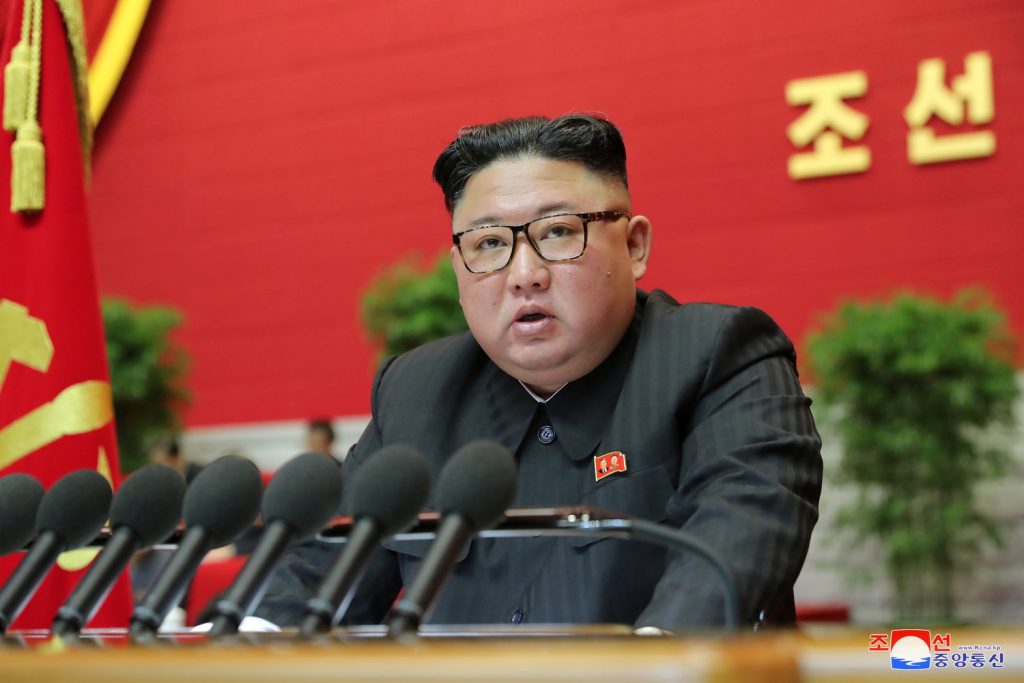North Korean leader Kim Jong Un has issued a threat of more offensive against the United States following the successful test of the Hwasong-18 intercontinental ballistic missile (ICBM). Kim supervised the third test of this advanced missile, designed to target the mainland US. The statement suggests Kim’s confidence in North Korea’s growing missile arsenal, with expectations of continued weapons testing activities leading up to the 2024 US presidential election.
After observing the missile launch, Kim emphasised the need to counter what he called increasing US-led military threats. The Hwasong-18 is a solid-fueled ICBM, considered North Korea’s most powerful weapon. While its built-in solid propellant makes launches harder to detect, experts note that further tests are required to demonstrate the reliability of nuclear-tipped ICBMs.
The missile, launched at a high angle to avoid neighbouring countries, covered a distance of 1,002 kilometres for 73.5 minutes, reaching a maximum altitude of 6,518 kilometres before landing off the North’s east coast. Kim expressed great satisfaction with the launch, confirming the reliability of North Korea’s “most powerful strategic core striking means.”
This marks North Korea’s third test of the Hwasong-18, following previous launches in April and July. Analysts view this as a signal of North Korea’s growing confidence in its new solid propellant ICBM. While Kim’s statement suggests a willingness to pursue offensive actions, experts emphasise the need for more substantial tests to demonstrate technological advancements.
The test comes amid recent US-South Korean discussions on nuclear deterrence plans, revealing intentions to conduct joint drills with simulated nuclear attacks on North Korea. The international community has expressed concerns over North Korea’s missile tests, with the US and South Korea updating their nuclear deterrence strategies.
Despite over 100 ballistic missile tests since 2022, North Korea has evaded fresh international sanctions due to opposition from China and Russia. The US and South Korea have intensified military training, and on Tuesday, they, along with Japan, began sharing real-time missile warning data on North Korea and planned trilateral exercises to enhance regional cooperation.
North Korea perceives growing partnerships between the US, South Korea, and Japan as a security threat, prompting closer ties with China and Russia. The Kim regime views such alliances as a reason to prioritise its weapons programme, leveraging relationships with Beijing and Moscow to safeguard its security and interests.

